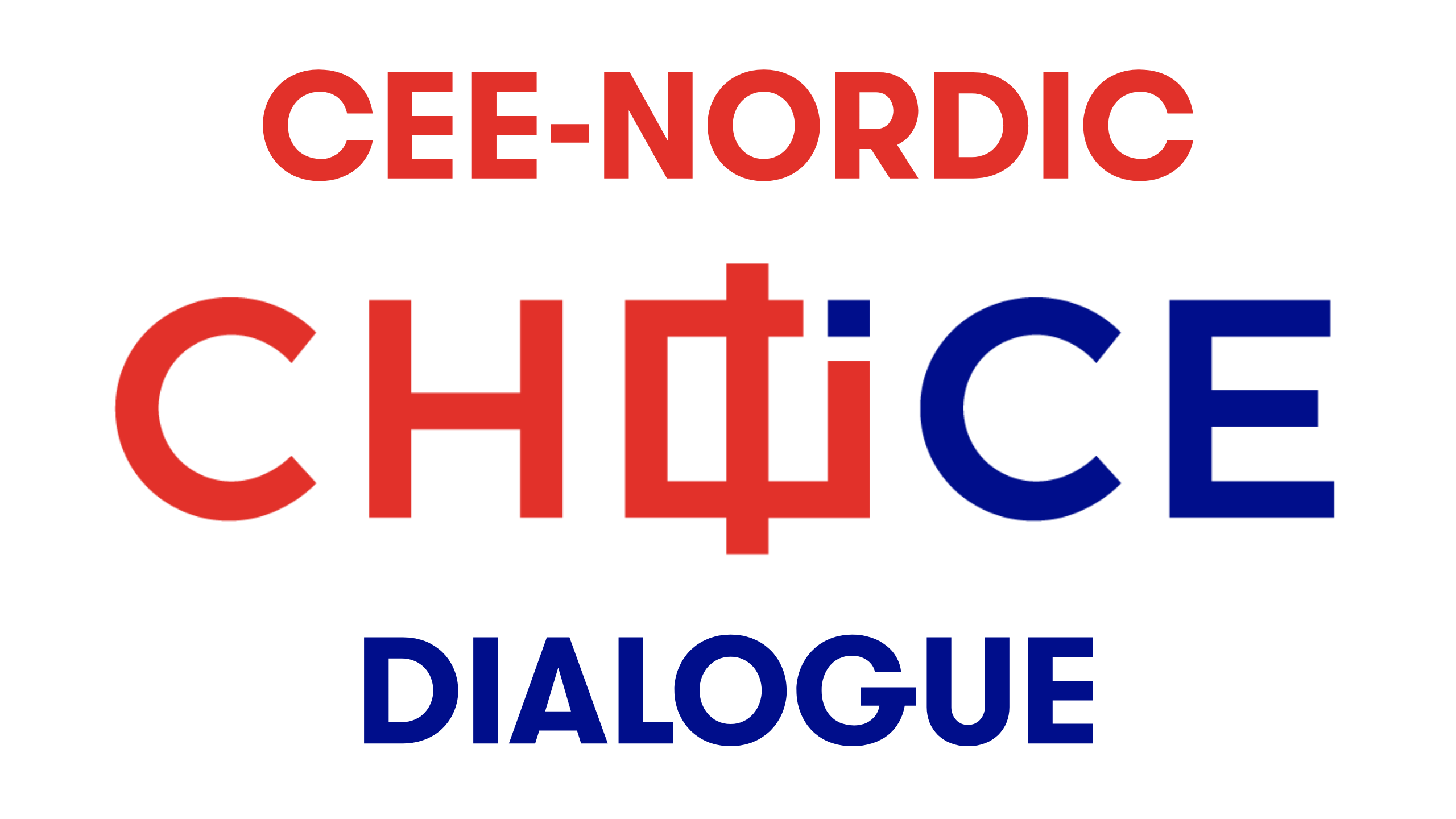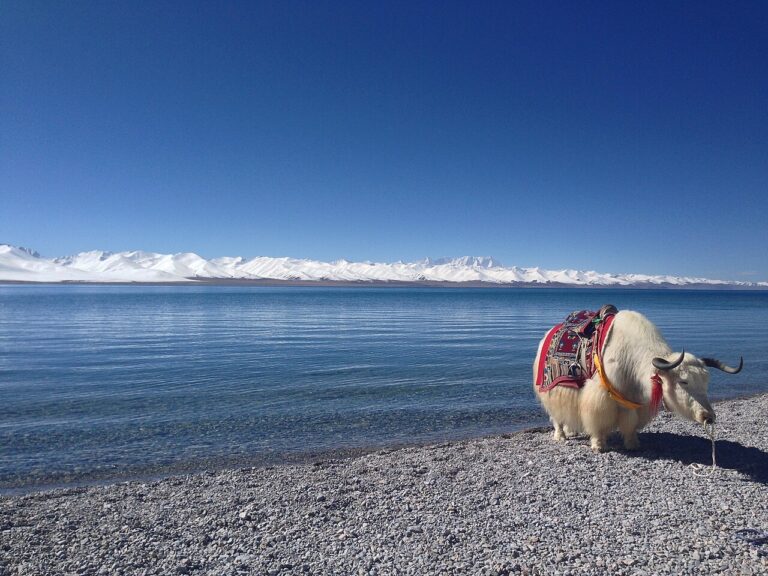CEE-Nordic Dialogue Explores the Strategic Logic and Limits of China-Russia Cooperation

On May 19, 2025, the CEE-Nordic Dialogue on China was co-organized by the China Observers in Central and Eastern Europe (CHOICE) and the Swedish National China Centre (NKK) at the Swedish Institute of International Affairs (UI). The online dialogue brought together participants from think tanks and government institutions across the Nordic-Baltic region, Poland, and the Czech Republic. The discussion was held under the Chatham House Rule.
Opening the event, Ivana Karásková, founder of CHOICE, introduced the format and emphasized the importance of sustained cross-regional exchanges on China to foster shared situational awareness and policy-relevant insights. The discussion was moderated by Björn Jerdén of NKK.
Trust Without Treaties: Dissecting the China-Russia Alignment
Three keynote speakers provided distinct but complementary perspectives on the evolving China-Russia relationship. Participants noted that the deepening cooperation between the two states may seem paradoxical given their lack of formal alliance structures, persistent mutual distrust, and a host of strategic asymmetries.
Rather than reflecting broad-based national interest, the cooperation was assessed as largely driven by elite-level incentives. At the popular level, mutual sympathy between Russians and Chinese remains limited. Yet both governments share confidence in their understanding of the other side’s core interests, allowing the partnership to persist despite friction points.
A recurring theme was that the China-Russia alignment is not about constructing an alternative order, but rather undermining the existing international system. Russia’s behavior – especially in Ukraine – was described as running counter to long-term realist self-interest, reinforcing the argument that imperial ambition, not strategic calculus, may be the key driver.
Strategic Convergence, Ideological Divergence?
Discussion also focused on the ideological underpinnings of the China-Russia axis. Some participants questioned whether frameworks rooted in Leninist or Stalinist paradigms of international politics could explain the apparent belief – shared by both regimes – that the outcome of global competition must be zero-sum, with one side inevitably prevailing over the other.
If their current unity is largely negative (anti-Western) in character, then a key analytical question becomes: “What happens if they achieve what they are against?” Without a coherent shared vision of the international order, a post-Western “victory” could expose significant tensions.
Economic and Diplomatic Asymmetries
An upcoming report by NKK and the Stockholm Centre for Eastern European Studies (SCEEUS) at UI was referenced during the dialogue, exploring the growing imbalances in the China-Russia relationship. In particular, the economic dimension was highlighted as an area where China has already begun exerting quiet pressure.
In the energy sector, Chinese demand for greater access – alongside pricing pressure on Russian exports – was seen as a test of China’s willingness to abandon energy diversification in favor of deeper dependence on Russian supply. The Power of Siberia 2 pipeline was identified as a possible litmus test.
Diplomatically, China increasingly sets the ideological tone, while Russia is seen supporting more of China’s high-priority issues – albeit selectively. Nevertheless, Chinese red lines remain more clearly defined, with Beijing less willing to embrace risk on behalf of Moscow.
Central Asia, the Arctic, and Limits of Alignment
Participants explored whether Russia retains any strategic red lines when it comes to China’s influence, particularly in Central Asia and the Arctic – regions of enduring strategic interest to Moscow. While Russia may struggle to resist China’s growing economic leverage, some argued its boundaries are firmer when it comes to regional spheres of influence.
Still, the alignment remains largely defined by what both states oppose, not by a coherent joint message. This lack of positive vision may limit their ability to effectively shape narratives – especially in the Global South, where influence campaigns increasingly compete.
A Cautious Baltic Outlook
Participants shared growing skepticism about China’s role as a potential stabilizing force in the region. While Beijing continues to signal respect for Baltic sovereignty, it was argued that in the event of direct conflict involving Russia, China would not stand with the Baltics – not due to hostility, but because of its hyper-realist foreign policy logic. Any remaining hope that China could counterbalance Russian aggression in the region has largely evaporated.
Key Takeaways
The discussion concluded with a shared understanding that the China-Russia partnership is dynamic, not fixed. As it continues to evolve, there is an urgent need for ongoing analysis to understand the limits of cooperation, its long-term viability, and the potential consequences for the regional and global order. In light of the depth and relevance of the discussion, CHOICE and NKK have agreed to continue hosting this CEE-Nordic Dialogue on China on a regular basis. The exchange demonstrated the value of bringing together regional expertise to unpack complex and evolving geopolitical dynamics. By fostering candid, cross-border conversations, the dialogue not only illuminated the nuances of the China-Russia relationship but also reinforced the importance of sustained collaboration among like-minded partners facing shared strategic considerations related to China.
Written by
CHOICE
CHOICE is a multinational consortium of experts providing informed analysis on the rising influence of the People’s Republic of China within the countries of Central and Eastern Europe (CEE).

